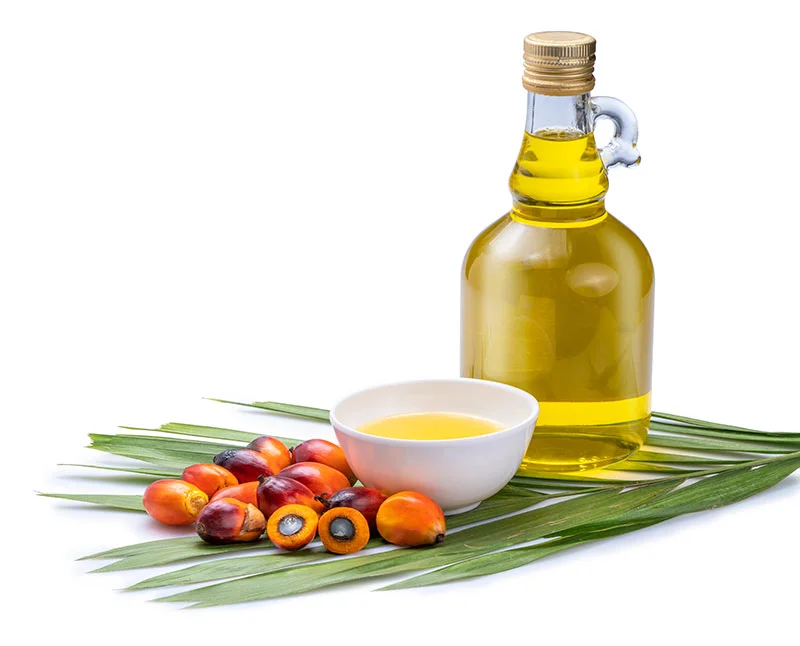Bangladesh sugar, palm oil and date prices increase in spite of duty cut

In order to boost supplies and contain prices of essential goods during the month of Ramadan, the government took measures to alleviate the burden on consumers by reducing value added tax and import duties on four commodities — edible oil, sugar, dates and rice on February 8.
However, the impact of these measures did not come about in the market as of February 14.
In Khatunganj, a major wholesale hub for essential commodities in the port city of Chattogram, the price of sugar has gone up by Tk 50 per maund (37.65 kilogrammes) and is currently being sold at Tk 4,950 to Tk 5,000, according to the traders.
Similarly, the price of palm oil has increased by Tk 100 within a span of one week and is now being sold at Tk 4,950, they said.
But the price of edible oil and date have remained unchanged, they said.
However, a visit to the capital’s Karwan Bazar, one of the biggest kitchen markets in Dhaka, yesterday revealed that the prices of date and palm oil have increased over the past week.
Traders said the price of dates has increased anywhere from Tk 300 to Tk 500 per carton (weighing 5 kilogrammes) depending on the quality.
Tipu Sultan, a date retailer at Karwan Bazar, said the price of a carton of a “Maryam” variety of date was Tk 2,700 a week ago, which has now increased to Tk 3,000.
And the price of a “Medjool” variety has increased from Tk 5,500 to Tk 6,000 per carton, he said.
“When we asked the wholesalers the reason for the price hike, they said the price has increased due to the increase in import cost,” he said.
A wholesaler of the same market, on condition of anonymity, said, “I have come to know that some importers did not receive dates they had imported from the port expecting the duty exemption.”
“Because of this, they had to pay a demurrage charge. Due to this, the price of dates has increased now,” he said.
Mohammad Siddique, a wholesaler of edible oil in Karwan Bazar, said the price of palm oil has increased by Tk 100 to Tk 120 per maund.
But the price of other edible oils and sugar has remained unchanged in Karwan Bazar.
Officials of Chattogram Custom said the reduction of customs duty on February 8 was in effect and product delivery has increased severalfold.
They also said traders had reduced accepting goods from the port in the 10-12 days preceding February 8 because they knew that a reduction in customs duty was coming soon.
Traders have mentioned that the reduction in customs duty had provided an opportunity for the price of sugar to decrease by Tk 1 per kilogramme (kg), palm and edible oil by Tk 8-9 per kg, and date anywhere from Tk 7 to Tk 35 per kg.
They also mentioned that it would take a few more days for these changes to come about in the market.
The NBR’s gazette states that the import duty for rice would be Tk 20 to Tk 21 per kg but customs officials have reported that no rice has been imported in the past three months.
Mohammad Alauddin, a retailer in Kazir Dewri Bazar in Chattogram, yesterday said he had learned about the customs duty reduction through the media four days ago.
“The prices of some products have actually gone up. The reason behind this price increase is currently unknown,” he added.
Anamul Rarim, a date importer of Khatunganj, said he was facing problems in opening letters of credit due to a shortage of US dollars.
He claimed that the exchange rate of each US dollar against the taka had increased from Tk 118 to Tk 123 after the January 7 national elections.
As a result, the duty reduction did not have any effect on market prices, he said.
SM Nazer Hossain, vice president of the Consumers Association of Bangladesh, said the duty reduction on rice, edible oil, sugar and date was intended to benefit the people.
However, it seems that traders and importers are reaping the benefits, he said.
“We visited Khatunganj wholesale market and found out that the prices of these products have actually increased over the last few days,” he added.
Some unscrupulous traders are manipulating the market with support of local administration due to a lack of strict law enforcement, said Hossain.
Customer Mohammad Rafiq at the Kawran Bazar market said prices of most of the commodities are going out of the purchasing capacity of ordinary people.
Had businesspeople had some empathy, people would have gained some benefit of the duty cut, he said.
Read also
Wheat in Southern Brazil Impacted by Dry Weather and Frosts
Oilseed Industry. Leaders and Strategies in the Times of a Great Change
Black Sea & Danube Region: Oilseed and Vegoil Markets Within Ongoing Transfor...
Serbia. The drought will cause extremely high losses for farmers this year
2023/24 Safrinha Corn in Brazil 91% Harvested
Write to us
Our manager will contact you soon



